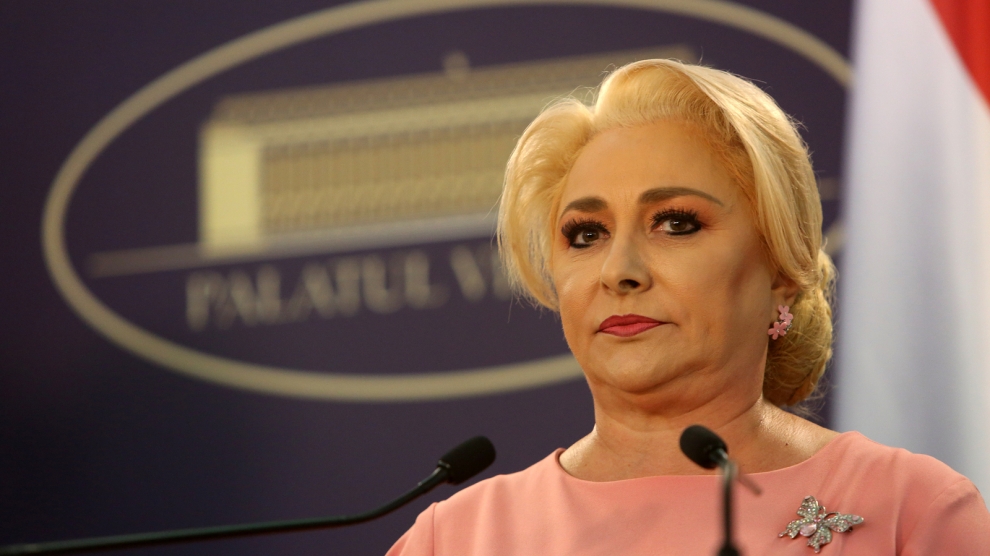The European Parliament voted by an overwhelming majority on November 13 to adopt a resolution highly critical of the Romanian government’s continued attacks on the country’s justice system. The vote came just hours after the European Commission published its latest progress report on Romania and Bulgaria under the Cooperation and Verification Mechanism (CVM).
“I regret that Romania has not only stalled its reform process, but has also re-opened and backtracked on issues where progress was made over the past 10 years. It is essential that Romania gets back on track immediately in the fight against corruption and also ensures an independent judiciary. This is the only way Romania can resume its path towards the conclusion of the CVM process, in the interest of its citizens, its country, and the EU as a whole,” said European Commission First Vice President Frans Timmermans.
The CVM is used by the commission to assess progress against the commitments made by Romania and Bulgaria in the areas of judicial reform and the fight against corruption, and – in the case of Bulgaria – organised crime.
For Romania, the latest CVM report notes that entry into force of amended justice laws, the pressure on judicial independence in general and on the National Anti-Corruption Directorate (DNA) in particular, and other steps undermining the fight against corruption have reversed or called into question the irreversibility of progress Romania has made. The commission also noted broader factors beyond the CVM’s scope, but which clearly have an impact on the advance of judicial reform and the fight against corruption. In this respect, the report notes that free and pluralistic media play an important role in holding the actions of those in power to account, for example in bringing potential cases of corruption to light. The report gives Romania a long to-do list, which includes immediately suspending the implementation of justice laws and subsequent emergency ordinances, and relaunching the process to appoint a chief prosecutor of the DNA with proven experience in the prosecution of corruption. The DNA’s highly effective head Laura Codruța Kovesi was fired earlier this year.
“The resolution adopted by the European Parliament today, as well as the latest CVM report, are two black marks against the government of Viorica Dăncilă,” said Romanian President Klaus Iohannis, who went on to question the country’s readiness to take on the rotating EU presidency on January 1 next year.
The Finnish Prime Minister Juha Sipila reportedly said later on November 13 that Finland, due to take the presidency in July 2019, could, if needs be, take the role earlier if Romania was incapable of doing so.
Mrs Dăncilă (pictured above) claimed that the report was politically motivated and said that Romania was fully prepared to assume the EU presidency. She accused President Iohannis of “encouraging anarchy.”
There was better news for Bulgaria, which the CVM report praises for continued reform. Three out of six benchmarks have now been met, and the commission has suggested that for Bulgaria, the CVM could end next year. This would pave the way for Bulgaria to join the Schengen zone. Romania is going to have to wait until at least 2020.
“This report acknowledges that Bulgaria has continued to make steady progress in implementing the final recommendations we set out in January 2017. These reforms are necessary to effectively fight corruption and organised crime. If the current positive trend continues and progress is maintained sustainably and irreversibly, I am confident that the CVM process for Bulgaria can be concluded before the end of this commission’s mandate,” said Mr Timmermans.






[…] – that the two countries would enter the passport-free zone at the same time. However, the European Commission’s latest Cooperation and Verification Mechanism report severely criticised Romania for backsliding on corruption while praising Bulgaria’s […]